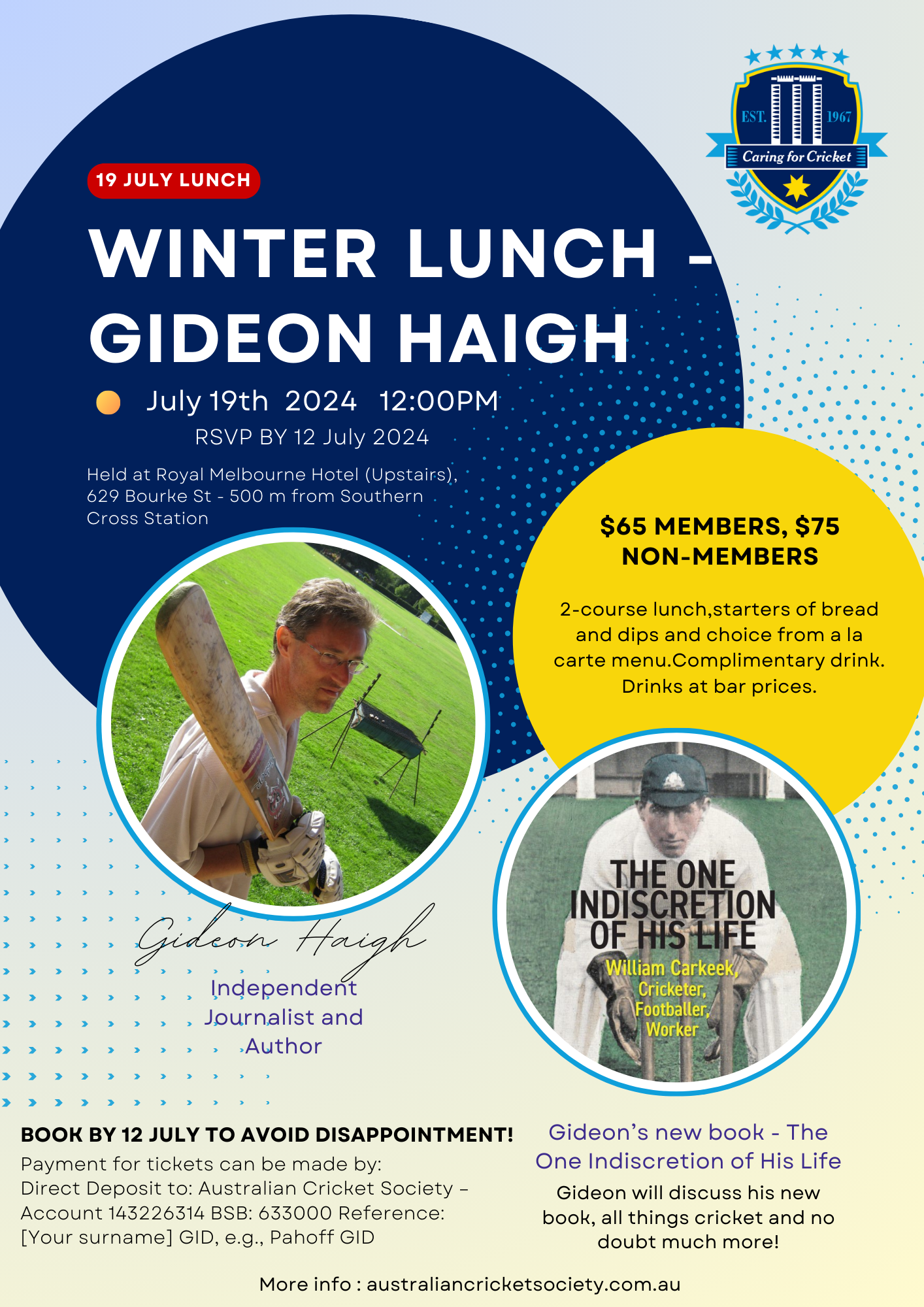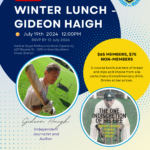It was January, 1983. Commentator Reds Perreira was on his way to Kensington Oval and was stopped at a pedestrian crossing by a friend, one of the most revered in West Indian cricket. Tapping on his car window, the man said: ‘Rebel team going to South Africa… do your homework.’
One of the foremost on Voice of Barbados, Perreira had the biggest scoop of his career.
He rang a friend at British West Indies airways and asked her to check flights to Miami, the first port-of-call for international travellers from Barbados. ‘I need a name,’ he was told.
He worked through those on the fringes of West Indian selection. ‘Try Trotman,’ he said. ‘Emmerson Trotman.’ Bingo. He was flying out the next day, and so were seven others from Barbados.
Perreira broke the story that afternoon, deliberately withholding the names which had been shared with him in secrecy.
The next day he and other journalists gathered at the Grantley Adams International Airport. When none of them boarded the proposed BWIA flight, he began to fret.
A baggage handler he knew approached and said he’d seen Trotman’s cousin, former Test opener Alvin Greenidge, rolling a suitcase to the American Airlines check-in. Within minutes the rebels’ booking was confirmed. The first plane had been a decoy.
‘But the drama wasn’t over,’ said author Ashley Gray. ‘A car driven by 11-Test fast bowler Sylvester Clarke roared into the car park, tyres screeching. Six more international cricketers climbed out. The last to embark was two-Test off-spinner Albert Padmore. Perreira caught him on the tarmac.’ He knew him well.
‘Paddy. Are you going to South Africa?’
‘No comment.’
‘Why are you going to South Africa?’
‘No comment.’
If only those 20 rebel West Indians could have made their decision again. They had chosen cricket over country and blood-covered krugerrands over morals. They were pariahs and their lives were never to be the same. Ostracised as blackmen for accepting white man’s monies in an abhorrent, divisive system which systematically discriminated against people of their own colour, the rebels were banned for life, even from Saturday afternoon club cricket.
Former West Indian Test opener Roy Fredericks said the rebels were ‘no longer fit to live amongst us’. Clive Lloyd called the tours (there were two) ‘an affront to the black man throughout the world’. Michael Holding was also furious: ‘If they were offered enough money they would probably agree to wear chains.’
The lives of four, in particular, were shattered. One died young having become a shoeless street beggar, another a mentally ill drug addict. Many fled their hometowns. Their slide was immediate. All were stigmatized by the blood money tours. Never were they to be forgiven.
Captain Lawrence Rowe was paid upwards of 60 times the average Jamaican wage. He fled to Miami. Known as ‘Lawrence of Jamaica’ it was like a king abdicating. At his zenith, a triple Test centurion, he was in the same exulted class as Viv Richards and Gordon Greenidge. Gray interviewed him and many of the others, Rowe remaining constant in his belief that as a professional cricketer he needed to feed his family. ‘The only person who can convince me that is not so is Jesus Christ,’ said Rowe. ‘If he comes down to me and says: “You were wrong”, I will apologise.’
I finished The Unforgiven, mercenaries or missionaries? in one afternoon. It was compelling… one of the best cricket books I’ve read. – KEN PIESSE


